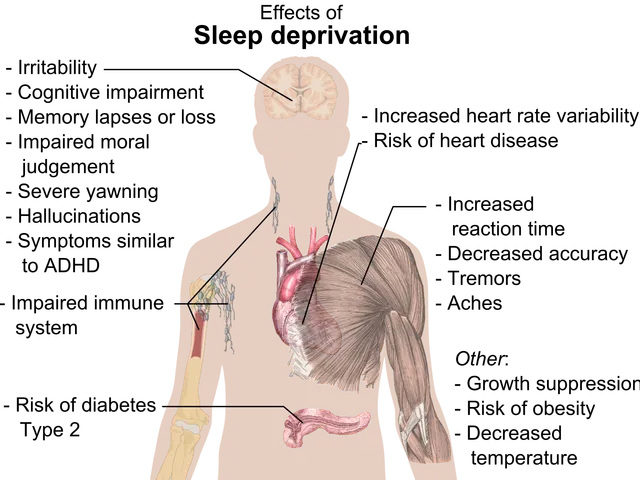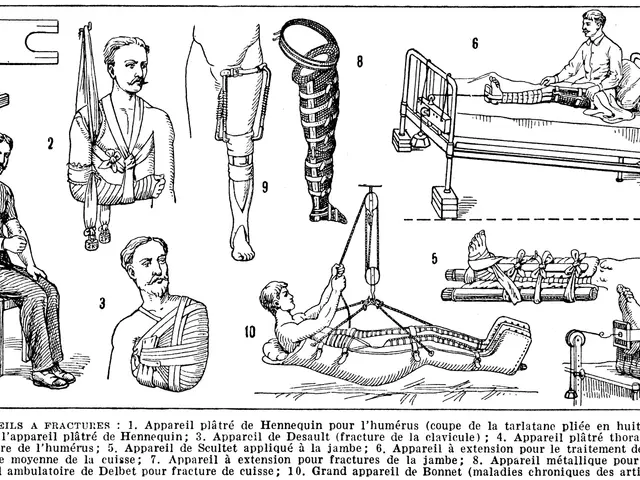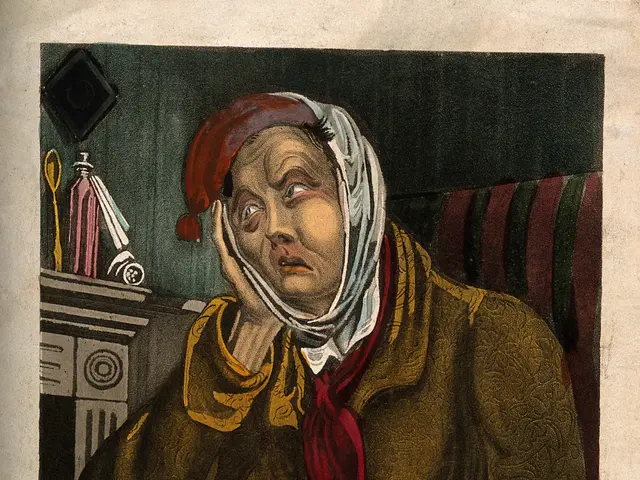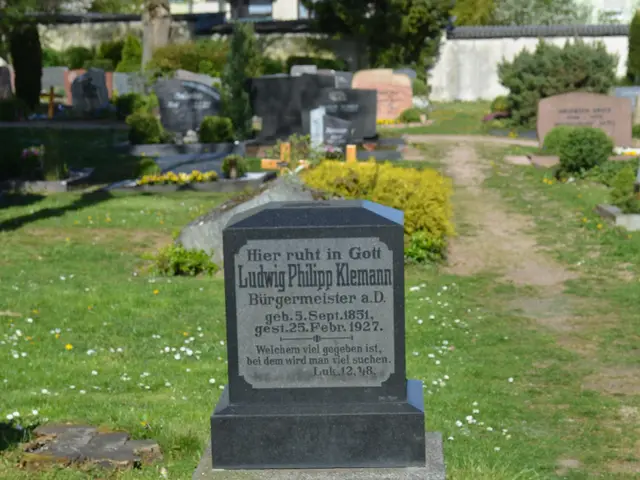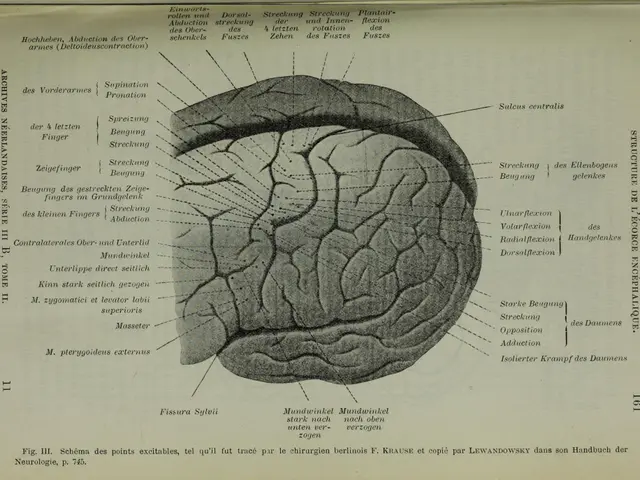Investigating the Potential of Coffee Consumption in Reducing the Threat of Colorectal Cancer
It's no secret that the internet teems with claims about coffee having a protective effect against colorectal and bowel cancer. However, delving deeper into the research reveals a more nuanced picture.
In a study published in the International Journal of Cancer, researchers found that drinking four cups of coffee per day was associated with a 32% lower risk of colorectal cancer recurrence. This study involved 1,719 participants with colorectal cancer in stages 1 through 3.
Mulling over the possible reasons behind this association, the researchers pointed to several factors such as reduced oxidative stress, aiding gut bacteria, inhibiting tumor growth, and shielding against nonalcoholic fatty liver disease.
But, what about decaffeinated coffee? Contrary to popular belief, caffeinated coffee might have a higher risk of rectal cancer compared to colon cancer, implying that our bodies could process these two types of coffee differently.
While these findings are intriguing, it's essential to maintain a balanced perspective. Not all studies support this protective effect, with one large Swedish study involving 61,000 women aged 40-74 following them for nearly nine years uncovering no link between coffee consumption and colorectal cancer risk.
Moreover, an umbrella review of meta-analyses found that high coffee consumption reduced overall incident cancer risk by 18%, but colorectal cancer wasn't among the cancers that showed a strong protective association.
Now, you're likely wondering – what can I do to reduce my risk of colorectal cancer? Research consistently emphasizes the importance of regular exercise, a nutritious diet, avoiding tobacco and alcohol use, and maintaining a healthy weight.
As we continue to unravel the mysteries surrounding coffee's influence on cancer risk, it's crucial to approach any claims with a discerning eye. For now, coffee may have a place within a healthy lifestyle, but relying on it to significantly reduce colorectal cancer risk isn't supported by strong scientific evidence.
So, while that morning cup of coffee might perk you up, don't count on it to shield you from colorectal cancer just yet. Still, there's no harm in enjoying your brew while taking proactive steps to protect your health.
Sources:
- [1] World Cancer Research Fund: Diet, Nutrition, Physical Activity, and Colorectal Cancer
- [2] Ioannidis et al.: Coffee consumption and overall cancer risk in meta-analyses of observational studies: an umbrella review of meta-analyses.
- [3] Bowcock et al.: Coffee, tea, and colorectal cancer: epidemiological evidence and potential mechanisms.
- The study in the International Journal of Cancer suggested a 32% lower risk of colorectal cancer recurrence in individuals who drink four cups of coffee per day.
- Interestingly, the study also showed that the bodies might process caffeinated coffee differently than decaffeinated coffee, with the former possibly having a slightly higher risk of rectal cancer.
- Evidently, not all studies support the protective effect of coffee on colorectal cancer, as a large Swedish study involving 61,000 women found no link between coffee consumption and colorectal cancer risk.
- To reduce the risk of colorectal cancer, it's important to focus on regular exercise, a nutritious diet, avoiding tobacco and alcohol use, and maintaining a healthy weight – factors that science and oncology have consistently emphasized.

